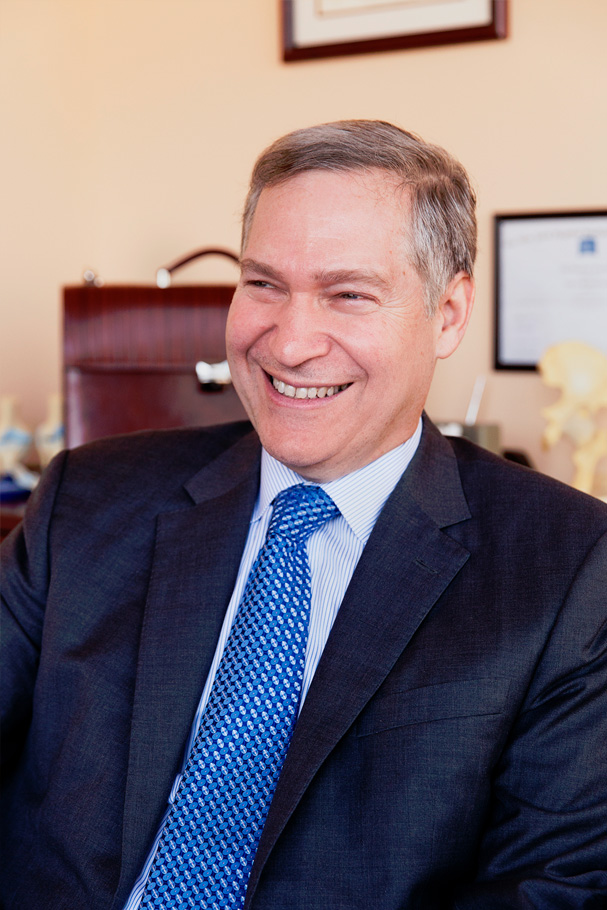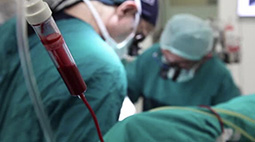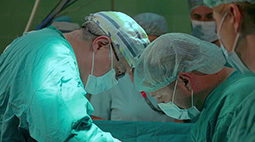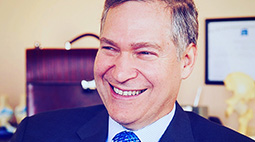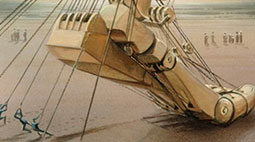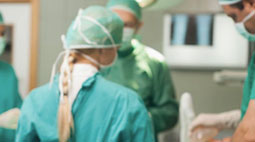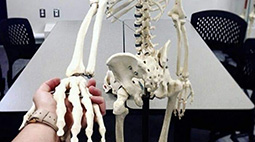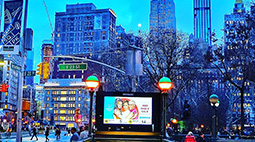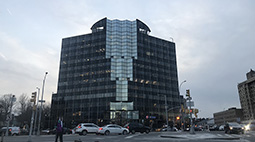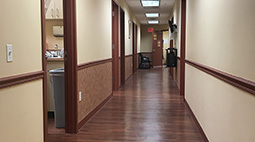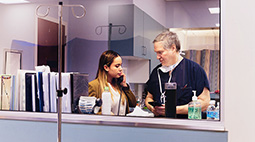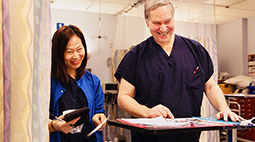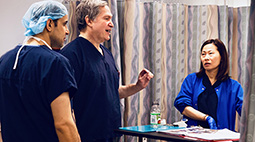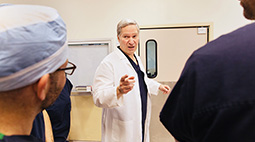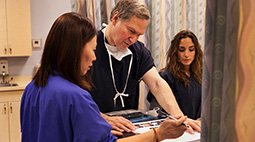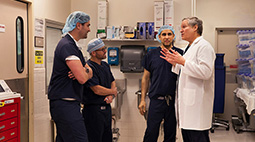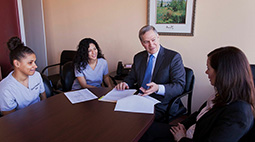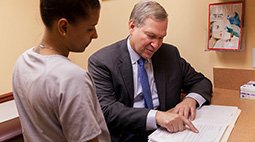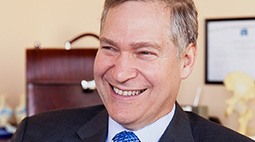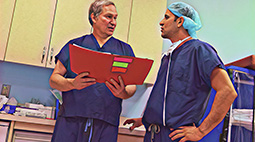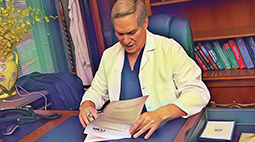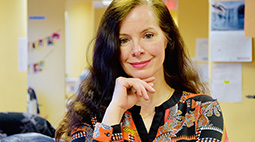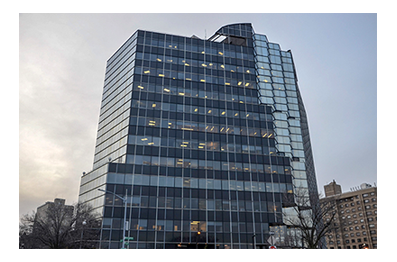About Arthroscopic Surgery
Arthroscopy is a procedure that orthopaedic surgeons perform to evaluate, diagnose, and repair problems inside a joint. The word "arthroscopy" comes from two Greek words: 'arthro', meaning "joint" and 'scope' meaning "look". Arthroscopy is a minimally invasive procedure that allows surgeons to examine the joints. Arthroscopic procedure can be performed on any joint. Common types of arthroscopic procedure include shoulder arthroscopy and knee arthroscopy. In the event you have a painful condition that does not respond to nonsurgical (conservative) treatment, your doctor may recommend knee or shoulder arthroscopy. Nonsurgical (conservative) treatment includes physical therapy, injections or medications that can reduce inflammation. Inflammation is a normal reaction of the body to injury or disease. In an injured knee or shoulder joint inflammation causes swelling, pain, and stiffness. All of arthroscopic knee and shoulder procedures are done on an outpatient basis.
Knee Arthroscopy
Arthroscopy is a common surgical procedure in which a joint is inspected using a tiny camera. Arthroscopy enables doctors to clearly view the inside of the knee. This helps them diagnose and treat knee problems. Knee arthroscopy may relieve painful symptoms associated with torn meniscus, torn or damaged anterior cruciate ligment or posterior cruciate ligament, swollen (inflamed) or damaged lining of the joint (synovium), misalignment of the knee cap (patella), loose bodies in the knee joint, Bakers;s cyst (a swelling behind the knee that is filled with fluid), some fractures of the bones of the knee. Arthroscopy is done through a couple of small incisions.
In the operating room a sterile solution is used to fill the knee joint and rinse away any cloudy fluid. This allows your orthopaedic surgeon clearly see your knee and in great detail. During the procedure, the doctor inserts the arthroscope (a tiny camera instrument approximately the size of a pen) through a small incision into your knee joint. The arthroscope delivers the image to a television monitor. On the monitor, the doctor can see the structures of the knee in great detail. Your surgeon will use arthroscope to evaluate, repair or remove damaged tissue. To do this, small surgical instruments are inserted through other incisions around your knee. Your surgeon will close your incisions with a stitch or steri-strips (small bandaids) and cover them with a soft bandage. Knee arthroscopy usually lasts between 20 minutes to over an hour. How long it takes will depend upon the findings and the treatment necessary.
Common arthroscopic procedures include:
- * Menisectomy
- * Synovectomy
- * Removal of loose bodies
- * Removal of inflamed tissue
- * Meniscal repair
- * ACL repair
Shoulder Arthroscopy
Arthroscopy is a common surgical procedure in which a shoulder joint is evaluated using a tiny camera. Arthroscopy enables doctors to clearly view the inside of the shoulder. This helps them diagnose and treat shoulder problems. Because the arthroscope and surgical instruments are thin, your surgeon can use very small incisions, compared to the larger incision needed for standard, open surgery. This results in less pain for patients, and lessens the time it takes to recover and return to activities of daily living. Shoulder arthroscopy has been performed since the 1970s. Injury, overuse, and age-related wear and tear are responsible for most shoulder problems. Shoulder arthroscopy may relieve painful symptoms associated with damage of the rotator cuff tendons, labrum, articular cartilage, and other soft tissues surrounding the joint.
In the operating room the doctor will first inject fluid into the shoulder to inflate the joint. This will make it easier to see all the structures of your shoulder through the arthroscope. Then the doctor will make a small incision in your shoulder (about the size of a buttonhole) for the arthroscope. Fluid will flow through the arthroscope to keep the view clear and control any bleeding. Images from the arthroscope are delivered to a television monitor showing your doctor the inside of the shoulder and any damage. Once the problem is detected, the doctor will insert small instruments through separate incisions to repair it. Specialized instruments are used for shaving, cutting, suture passing, grasping and knot tying. In some cases, special devices are used to apply anchor into bone. Your doctor will close your incisions with stitches or steri-strips and cover them with a bandage. Shoulder arthroscopy usually lasts between 30 minutes to over an hour. How long it takes will depend upon the findings and the treatment necessary.
Common arthroscopic procedures include:
- * Rotator cuff repair
- * Bone spur removal
- * Removal or repair of the labrum
- * Repair of ligaments
- * Removal of inflamed tissue or loose cartilage
- * Repair for recurrent shoulder dislocation














